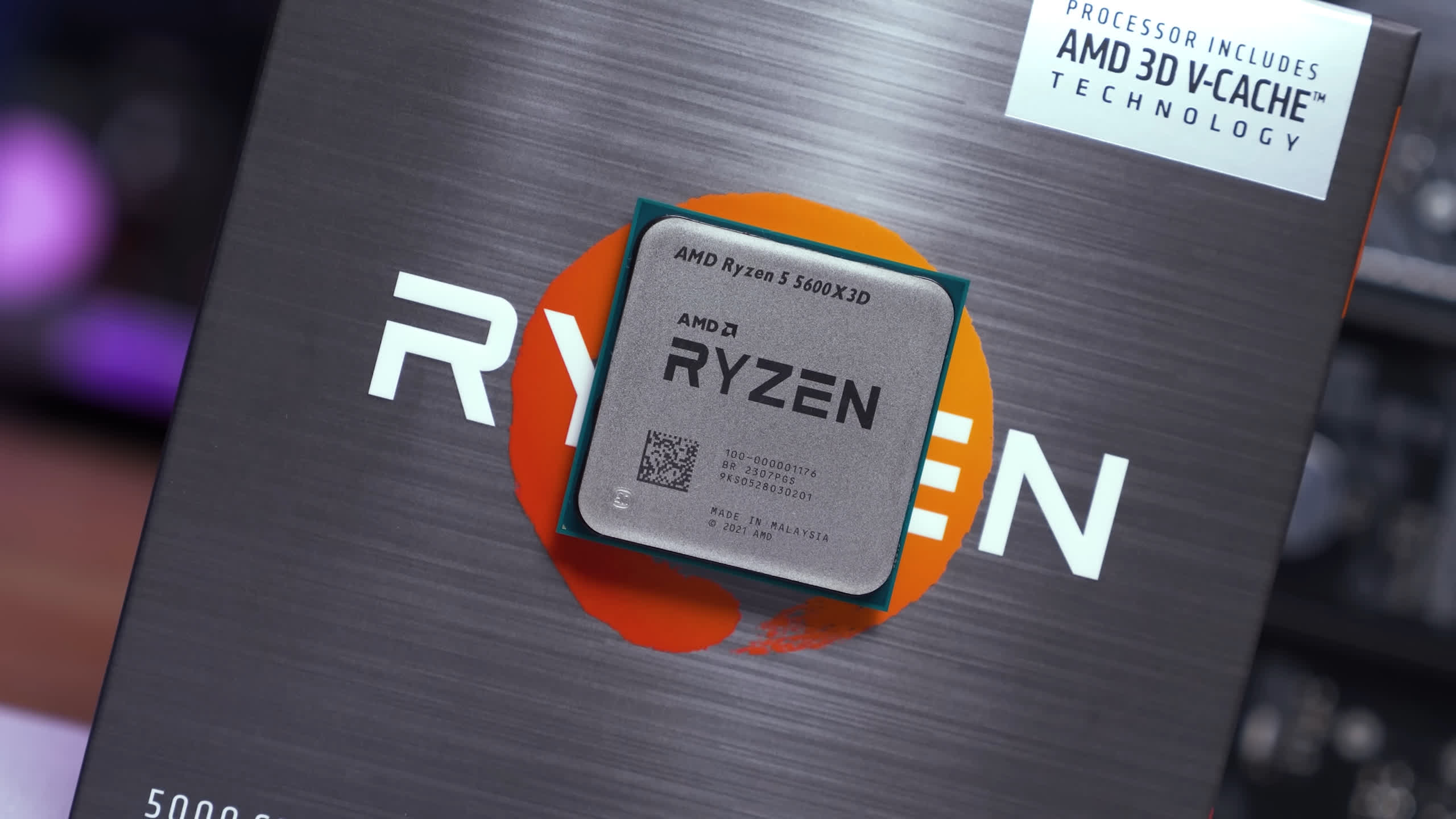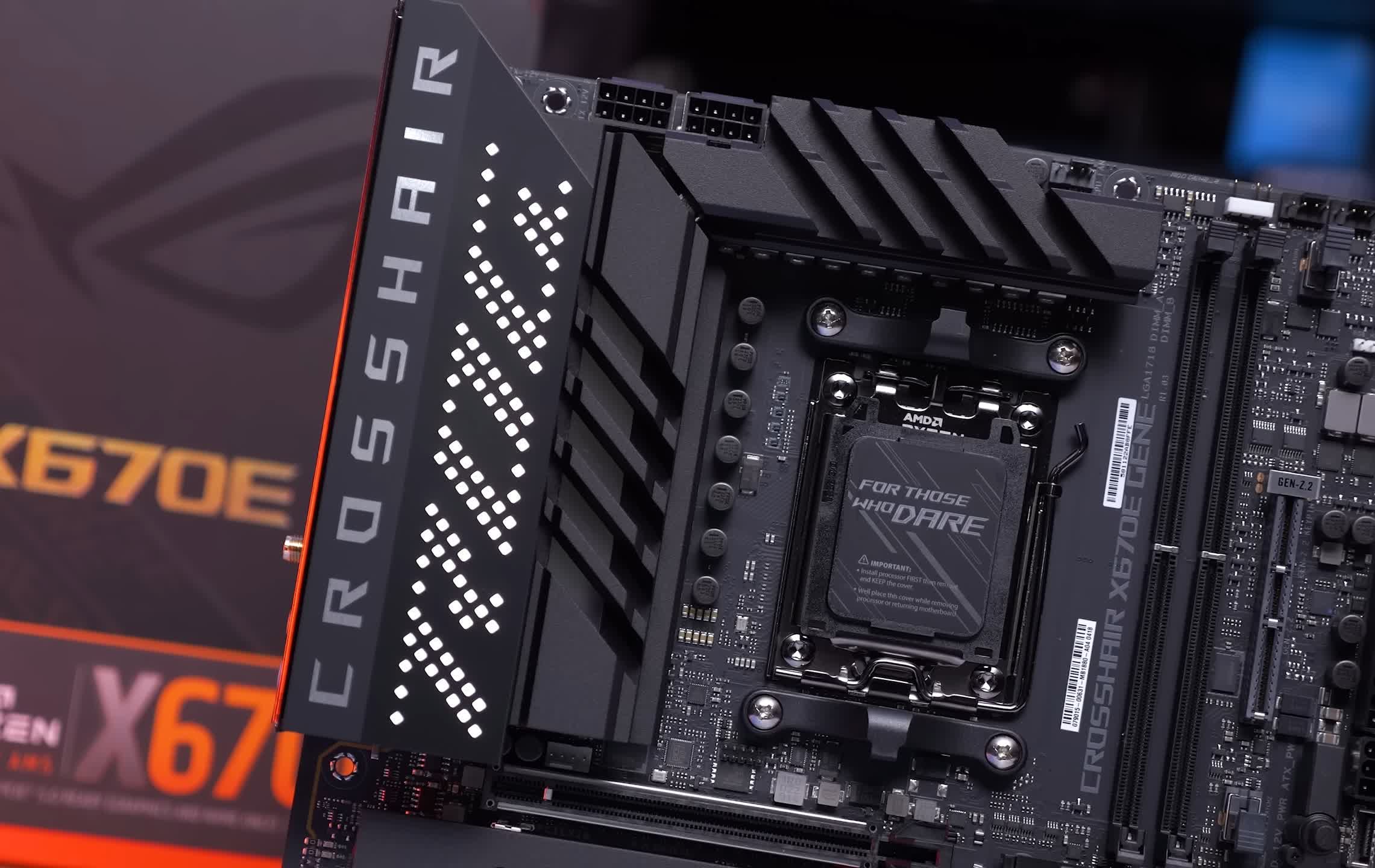In context: With mandatory USB4 support coming to AMD's next-gen X870E chipsets, upgrading to Zen 5 Ryzen 9000 CPUs could get pricey. The new connectivity standard requires an extra controller chip, which vendors will likely pass on as higher motherboard costs. Be ready to budget more than expected if you're planning a Zen 5 build.
AMD is preparing to launch new motherboards based on the 800 series chipset alongside Ryzen 9000 "Granite Ridge" desktop processors later this year. The new motherboards will bring updated features like mandatory USB4 support to maximize performance with the Zen 5 architecture.
Leading the charge is the flagship AMD X870E chipset, succeeding the current X670E from the Ryzen 7000 generation. With AMD sticking to the AM5 CPU socket, the 800 series will support not only Ryzen 9000, but Ryzen 7000 and Ryzen 8000 CPUs as well.
A key upgrade with X870E is mandatory 40Gbps USB4 connectivity, according to Moore's Law is Dead. To implement this, motherboard makers will need to use a 3-chip solution: two Promontory 21 bridge chips plus a discrete ASMedia ASM4242 USB4 host controller. AMD may allow other approved USB4 controllers in the future, but a discrete chip seems necessary to meet the 40Gbps specification.
Requiring discrete USB4 adds cost for motherboard makers, which reduces the chances of affordable X870E models. This raises the question of why AMD doesn't integrate a USB4 controller into their I/O die. The answer is likely cost and time savings. Designing and producing a performant integrated USB4 controller isn't cheap or fast, so using third-party solutions is easier, albeit less optimized.

AMD is reportedly mandating the ASMedia chip to ensure consistency and compatibility across all X870E boards, regardless of manufacturer. While this limits vendor flexibility, it provides a reliable baseline experience for the new platform.
The upcoming Ryzen 9000 CPUs are based on 4nm Zen 5 chiplets paired with a 6nm I/O die, mostly carried over from Ryzen 7000. The I/O die gains some updates to the memory controller for faster DDR5 support. AMD now recommends DDR5-6400 as the new performance sweet spot, a bump up from 6000.
Both Ryzen 9000 and the X870E chipset will launch together later this year. The CPUs will also work in existing 600 series boards with simple BIOS updates, thanks again to the unchanged AM5 socket. Most AM5 boards feature BIOS flashback for easy upgrading, too.
However, the same source suggests that Zen 5 has faced development challenges, making the goal of launching a 16-core lineup by mid-2024 slightly ambitious. MLID adds that they'd be surprised if the microarchitecture is ready before this summer. Nevertheless, AMD could still position Zen 5 competitively at launch with X3D and Zen 5c variants, should the core chips face delays.
